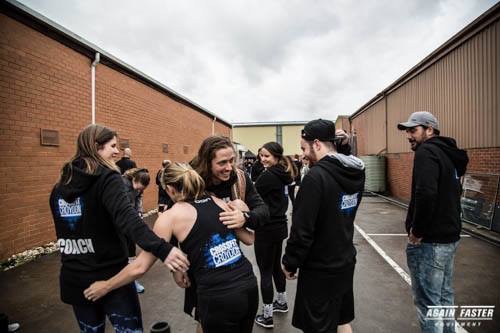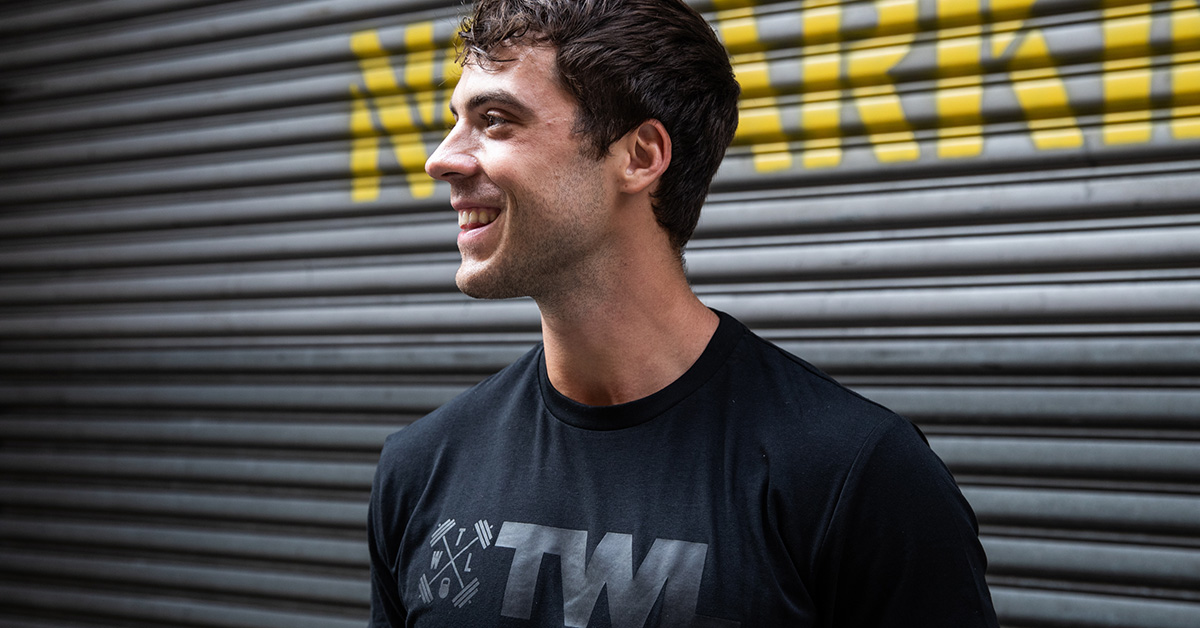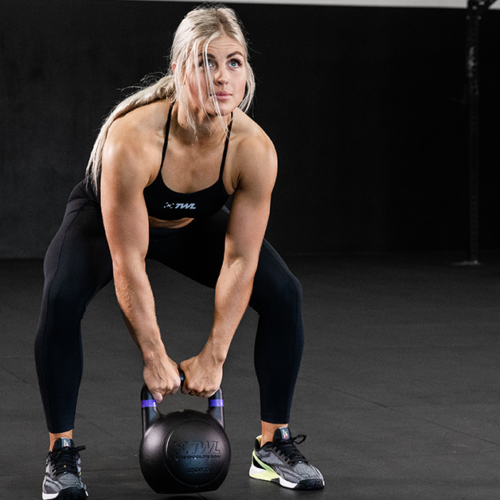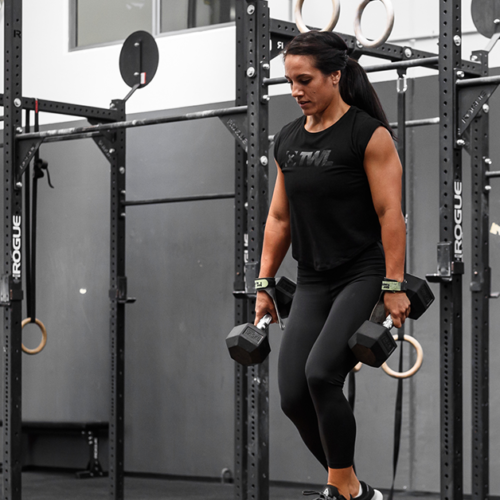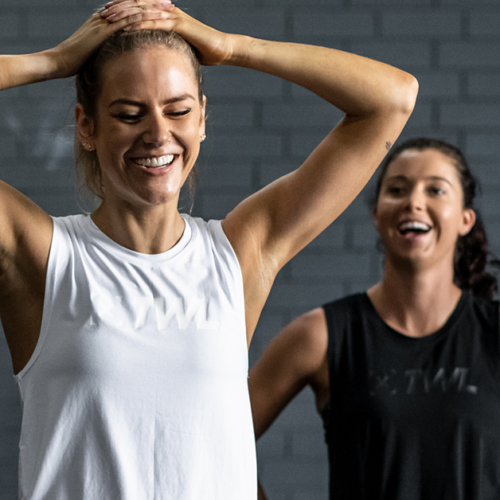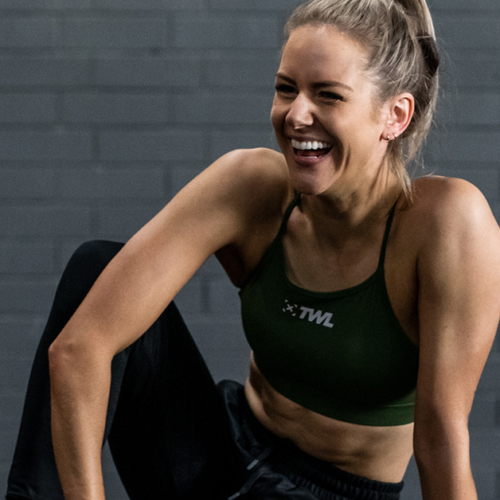3 Things Your Coach Wants You To Know When You “FAIL”
We all have those days, the days when you can’t even snatch close to your 1 rep max, when you could only dream of Rx ing “Fran” because the current thrusters (10kg lighter) are making you cry.
What exactly goes on in your coach’s mind when they see you get angry with yourself or they find a puddle of tears on the floor where you were?
Here’s three things we want you to know:
1. It is totally normal to have an emotional reaction to exercise. Since the 19th century the “idea that both the brain and the muscles alter their function during exercise and that fatigue is predominantly an emotion, part of a complex regulation, the goal of which is to protect the body from harm” has been confirmed (1). The act of crying supresses the neuroendocrine and immune responses (2), preventing a build up of stress in the body. So it is quite normal to have an overwhelming emotional response to muscular exertion…also, thrusters suck!
2. There is a time and a place to be aggressive with training. If you are in a WOD with several new athletes, or on a percentage day, or quite new to training yourself, please don’t go aggro at the barbell. If you do kick the chalk bucket across the room, check your ego and clean it up when you feel human again. Better still, before it gets the better of you, direct your aggression in a positive way and use it to spur you through those final reps or in nailing a PR.
3. Change your perception. “Failure should be our teacher, not our undertaker. Failure is delay, not defeat. It is a temporary detour, not a dead end. Failure is something we can avoid only by saying nothing, doing nothing, and being nothing.” – Denis Waitley. Remember why you come to training, it is a constantly evolving method of fitness.
You aren’t just an emotional wreck, unless you’re crying every time you walk in to the box. If there is outside drama feel completely free to leave it outside, or just a quick word to your coach that you aren’t feeling 100% is enough to let us know not to push you too hard. Just because we practically live at the box doesn’t mean we are immune to stressors other than exercise.
As long as you treat our equipment, other members and yourself with respect, we welcome all coping mechanisms! You don’t ever get to a point where you max out a lift and say “ok great, I have that Clean down, I can stop CrossFitting.” You still have to show up everyday to learn more; more about fitness, about the technical points of a movement, and more about yourself. The best athletes to have in your box are those that are humble, consistent, encouraging and have a sense of humour. The best coaches know how to mediate your success and make you see your failures as stepping stones to great things.
References:
1. Noakes, Timothy David. “Fatigue is a brain-derived emotion that regulates the exercise behavior to ensure the protection of whole body homeostasis.” Frontiers in physiology 3 (2012).
2. PENNISI E: Neuroimmunology. Tracing molecules that make the brain-body connection. Science 1997; 275: 930-1.
2. KOH KB: Emotion and immunity. J Psycho – som Res 1998; 45: 107-15.
About The Author:
I am Saresy, CrossFit Croydon co-owner with my fiancé, Eric, and full time mumma to three gorgeous kids. My passion is teaching people how to love themselves healthy and my motto is “be a nice human”. Just an average CrossFitter, humble yoga teacher, lover of coffee and a VEGAN…just in case you were wondering. I have a Bachelor of Exercise Sport Science, majored in Nutrition and Exercice physiology and run CrossFit Mummas, the first program designed specifically for pre and post natal mums. If there was a WOD of the prettiest lifts, I would Rx.

